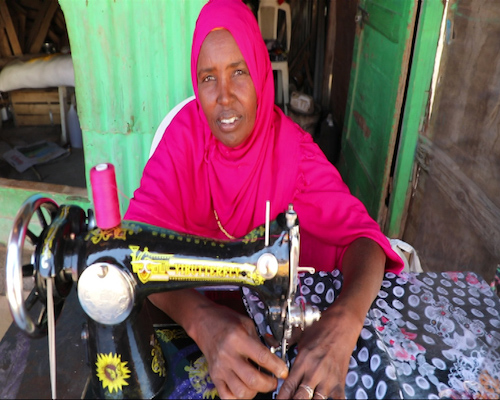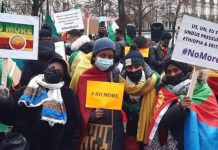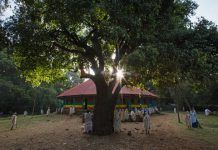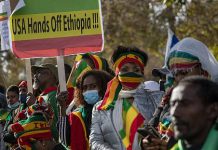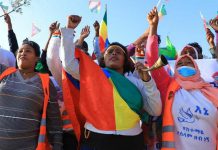Africa-Press-Ethiopia
“Producing washable and reusable fabric facemasks helped us support our communities to stay safe and limit the spreading of the virus, and to get through the economic hardship that the COVID-19 pandemic created,” said one of the women of a women’s livelihood group in Ali Addeh in the south of Djibouti, not far from the border with Ethiopia and Somalia.
In Djibouti, 61% of women are illiterate and only 19% of women are employed. And yet, when the COVID-19 pandemic hit the country, women’s livelihood groups in remote parts of the country took action to support public health and to generate income at a time of economic hardship. The solution? Facemasks.
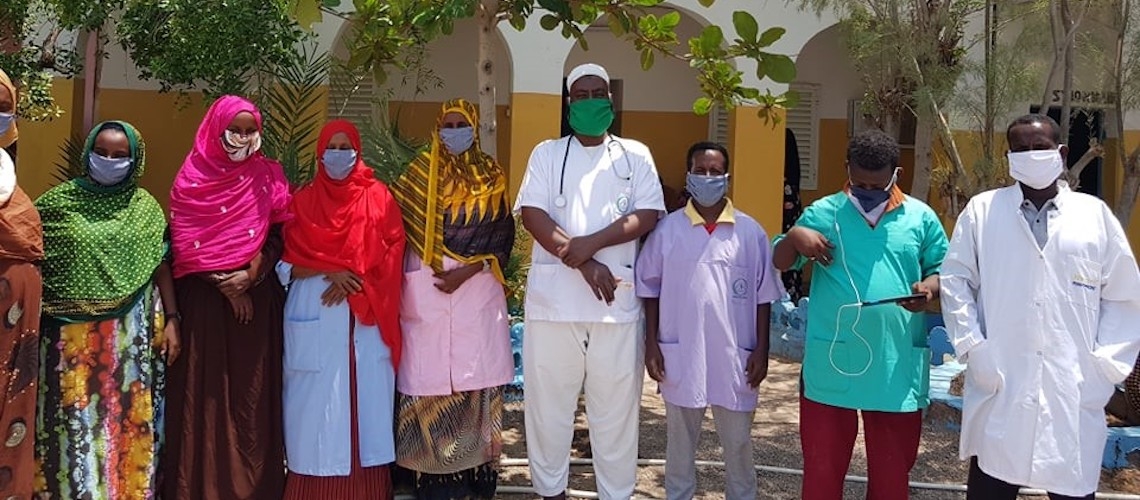
Djibouti was grappling with poverty even before COVID-19 hit. About a quarter of a million people in Djibouti required direct assistance before the pandemic. With an arid desert climate, Djibouti suffers from limited water resources. Providing access to basic services for the poor is a challenge that has been exacerbated by COVID-19 — the timing for which could not have been worse. A recent prolonged drought in the region spurred desertification and exposed more than 75% of rural households to food insecurity. This included not only Djiboutian nationals living in extreme poverty, but also those that had been forcibly displaced internally and from neighboring countries.
In many places around the world, including in Djibouti, women and children have been disproportionately affected by COVID-19. They often have fewer financial assets to recover from a shock (e.g., to reopen a business after a prolonged time of lockdown) and fewer opportunities for employment. Children have been mostly affected by the disruption of their education.
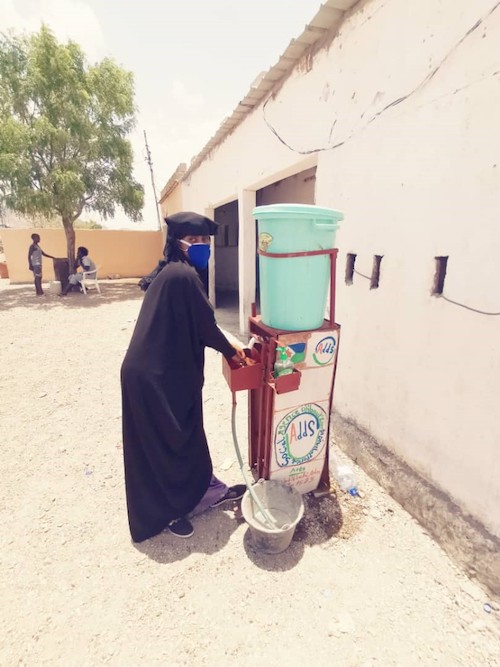
When COVID-19 reached Djibouti in March 2020, the government moved quickly to prepare a COVID-19 Preparedness and Response Plan to prevent the spread of the virus and respond to its impacts. This included suspension of international travel, a major step for a country that relies on trade between the Middle East and the African continent.
In support of the Plan, the World Bank-financed Development Response to Displacement Impacts Project in the Horn of Africa (DRDIP) also reacted quickly by preparing a Response Strategy to the Coronavirus Pandemic. The DRDIP works to support the social, economic, and environmental well-being of refugee-hosting communities in Djibouti. Operating in the country since 2017, the project has proven to be an effective way to deliver development support to remote communities in Holl Holl and the Ali Addeh and Obock regions, including during the pandemic.

